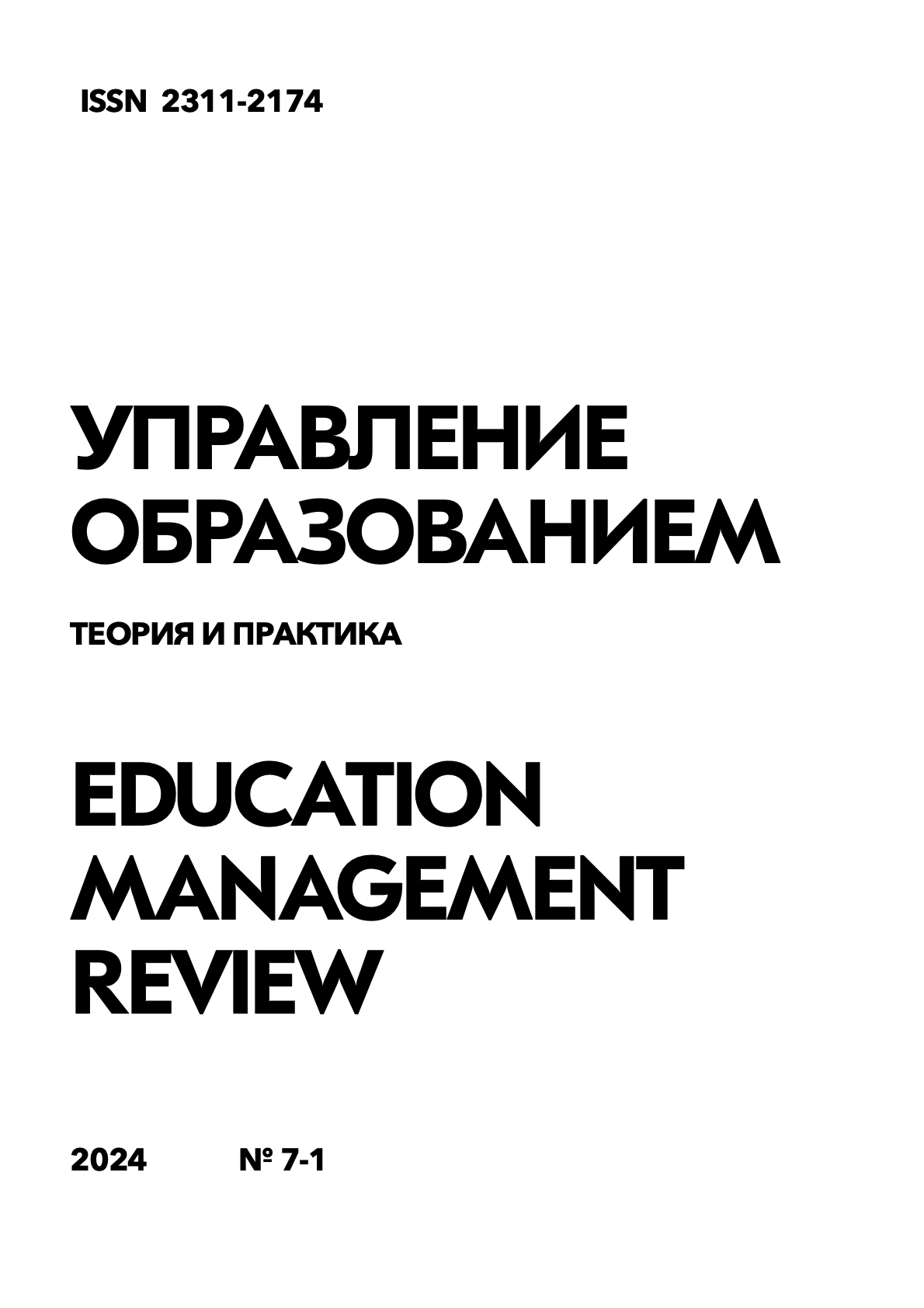Modeling of technology for the development of predictive abilities of future trainers using computer ontologies
Keywords:
modeling, educational technology, predictive abilities, anticipation, sports coach, computer ontologies, knowledge formalization.Abstract
The purpose of this study is to simulate the process of developing the predictive abilities of future trainers using computer ontologies. The study used a method of modeling the technology of developing predictive abilities of future trainers using computer ontologies. The authors adhered to the methodological requirements necessary for the development of pedagogical technologies, including conceptuality, consistency, manageability, variability in the use of methods, forms and means of teaching (training) to achieve the necessary results. Educational technology was considered as a complex integrative system, including an orderly set of operations and actions aimed at acquiring professional skills and abilities of future coaches, developing abilities and forming their predictive personal qualities. It has a purposeful, procedural and manageable character in the aggregate of motivational-targeted, methodological, informative, organizational-procedural, evaluative-correctional blocks implemented on the basis of generally accepted and special methodological approaches, as well as on the basis of the principles of professional and practical orientation, functional completeness of the process of developing predictive abilities, psychological comfort, reflexivity, synthesis of intelligence, affect and action, the optimal combination of intuitive and logical. The constructed model of technology for the development of predictive abilities of future coaches based on ontologies is important for the process of forming this quality. The model structurally explains and shows that when constructing and implementing computer ontology, students include their logical and critical thinking, since ontologies, simply put, are descriptions of knowledge structured formally enough for a machine to process them, and logical thinking is necessary here to create and implement these ontologies. It can be seen from the model that when working with computer ontologies, a person's predictive abilities develop fully only when it is the predictive goal setting of the student that becomes the profiling one.
References
Галацкова И.А., Обласов И.В. Моделирование в процессе обучения как средство повышения творческой активности учащихся // Современные проблемы науки и образования. 2018. № 2.
Гилева К.В. Профессиональные роли преподавателя вуза в условиях цифровой трансформации образования // Вестник Сибирского государственного университета путей сообщения: Гуманитарные исследования. 2021. № 3(11). С. 70-75.
Губский Е.Ф., Кораблева Г.В. Философский энциклопедический словарь. Под ред. Е.Ф. Губского. М.: Инфра-М, 2002. 576 с.
Мельничук О., Яковлева А. Модель специалиста (К вопросу о гуманизации образования) // Высшее образование в России. 2000. № 5. С. 19-25.
Непрокина И.В. Метод моделирования как основа педагогического исследования // Теория и практика общественного развития. 2013. № 7. С. 61-65.
Подласый И.П. Педагогика: 100 вопросов – 100 ответов: уч. пос. для вузов. М.: Владос-пресс, 2004. 365 с.
Селевко Г.К. Энциклопедия образовательных технологий. В 2-х т. Т. 1. М.: Народное образование, 2005. 535 с.
Штофф В.А. Моделирование и философия. Ленинград: Наука, 1966. 302 с.
Anderson T., Rivera-Vargas P. A critical look at educational technology from a distance education perspective // Digital Education Review. 2020. № 37. рр. 208-229.
Cakula S., Salem A.-B.M. E-learning developing using ontological engineering. WSEAS Transactions on Information Science and Applications. 2013. V. 10. № 1. рр. 14-25.
Fakhriyah F., Rusilowati A., Nugroho S.E., Saptono S. Relationship analysis of the competence of excellent pre-service teachers: implementation scaffolding argument-driven by via inquiry learning design based on scientific literacy // Perspectives of science and education. 2023. № 66(6). рр. 629-646.
Gallini N.I. The concept of design competence formation in future bachelors of applied computer science in the digital educational environment of the higher education institution Pedagogy // Theory & Practice. 2022. V. 7. № 1. рр. 90-99.
Kolyada M.G., Belykh S.I., Bugaeva T.I., Oleinik O.S. Artificial intelligence method to detect psychological learning disorders in physical education and sports activities // Theory and practice of physical culture. № 11. 2021. рр. 67-68.
Pokrovskaia N., Margulyan Ya., Bulatetskaia A., Snisarenko S. Intellectual analysis for educational path cognitive modeling: digital knowledge for post-modern value creation. Wisdom. 2020. V. 14. № 1. рр. 69-76.
Self J. Dinamics of learner models // Artificial intelligence and education. Amsterdam: IOS, 1994. рр. 128-186.
Downloads
Published
How to Cite
Issue
Section
License

This work is licensed under a Creative Commons Attribution-NonCommercial-NoDerivatives 4.0 International License.




